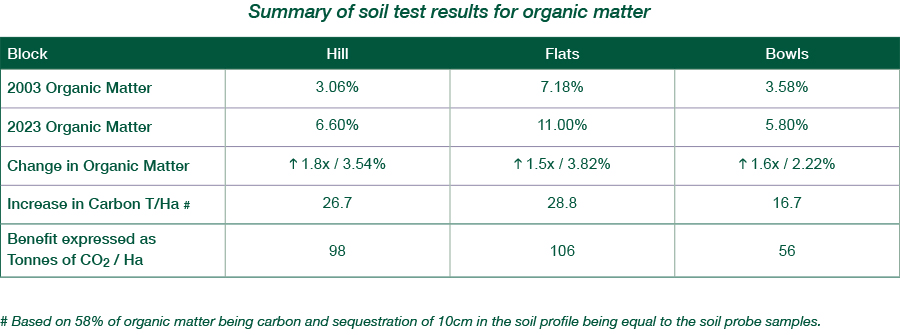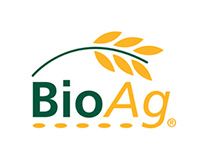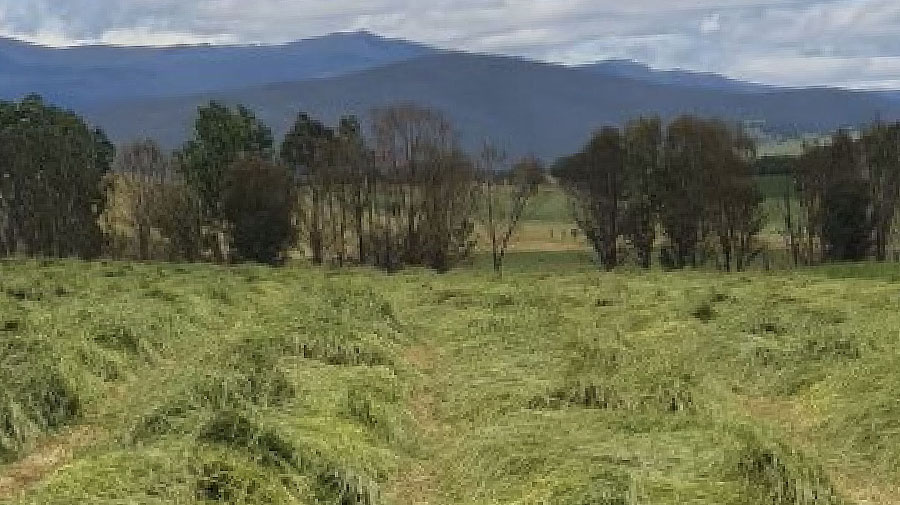
Latest
News
Organic Matter Matters
Soil organic matter (SOM) is decomposing plant or animal tissue that is being returned to the soil. It plays a key role in high performing soil; it is a primary source of carbon (C) which gives energy and nutrients to soil organisms, enhancing biodiversity, and it also helps protect the soil from the effect of rainfall, wind, and the sun. SOM is something that can be influenced through farm management practices.
Case study
A long-term customer of BioAg’s in the Upper Murray region of NSW has experienced ongoing gradual improvement over 20 years to build resilient healthy soils for the long-term.

The organic matter content of agricultural topsoil is usually in the range of 1-6%. A study of soils in Michigan USA demonstrated potential crop-yield increases of about 12% for every 1% increase in organic matter. Across the three measured farm sites, there has been a significant increase in SOM ranging from 1.5 to 1.8 times increase. This has generated significant yield increases and crop quality improvements.
With the property acquired in a run-down state, the owners set about changing their stocking program from set stocking to rotational grazing to help maintain ground cover and build structure in the soil. BioAg also developed a long-term soil health program to deliver improved soil fertility and structure, for improved yields and quality, while gradually regenerating and building resilient soils.
The program includes regular soil testing to ensure only what is needed is added. A bespoke mix of BioAgPhos®, lime and gypsum on a biennial basis, applying to half the farm each year which has significantly reduced spreading costs. BioAg’s Soil & Seed® is used as a winter / post winter stimulant to enhance nutrient cycling especially of trace elements. Additional trace elements and Dolomite (to increase Magnesium) are applied from time to time as determined by soil test results.


Recent Comments